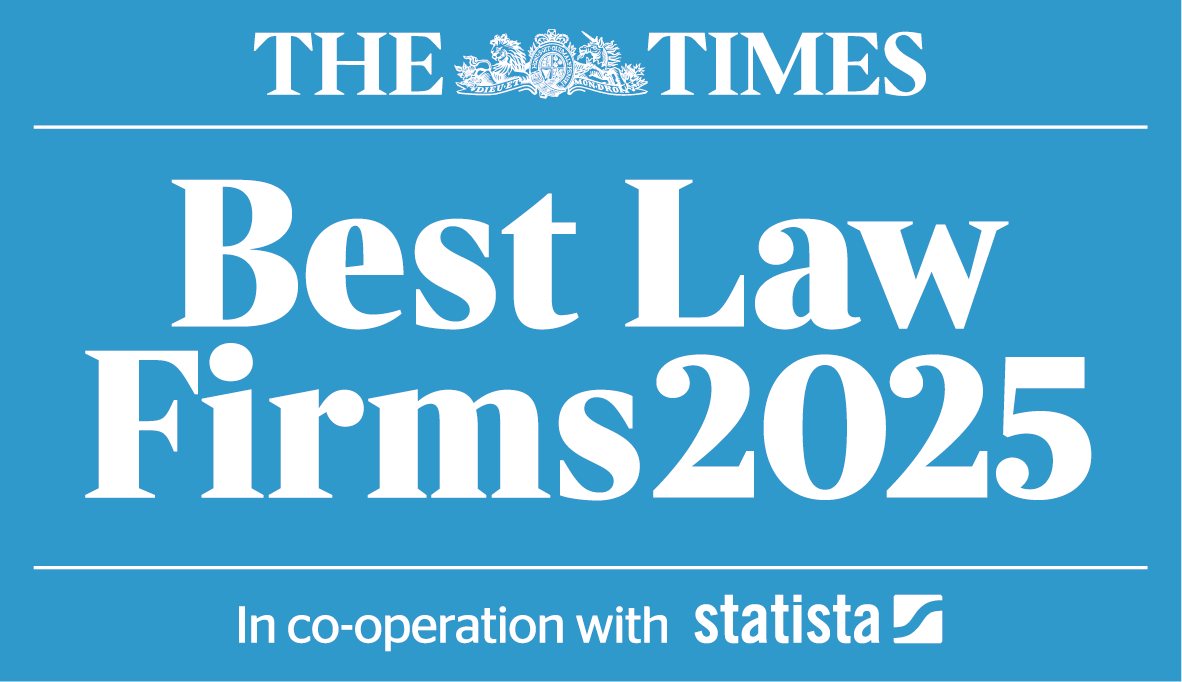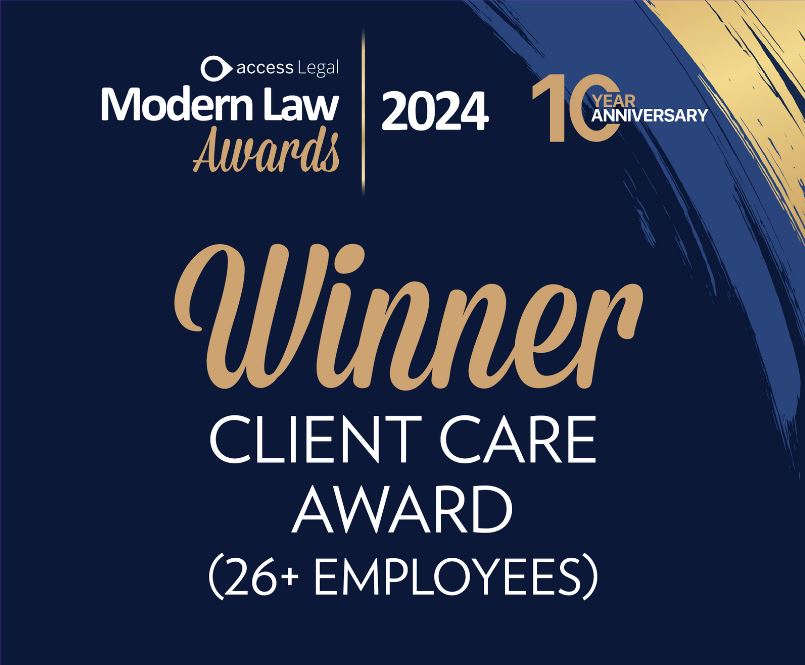Getting the value of a business right in matrimonial proceedings is essential, as is understanding the nature of the business, its assets, and its overall liquidity. Without this crucial information, a deal may be reached which leaves one party at a significant disadvantage, and often, little recourse to remedy the damage.
Often, Company Accountants are the first people to be approached to value a business, within a divorce. This would seem the most logical person to ask, as they have experience of the business, often from a long-standing relationship with the company. However, their advice and opinion can often be tainted by that relationship as they be biased (consciously or otherwise) towards the spouse who will ultimately retain the business.
The valuation of the business can be a crucial step, and is one that should be undertaken fully and as early as possible, and parties can instruct a Single Joint Expert (SJE) to do this.
Within divorces, the structure of the business must first be examined. Generally, these structures indicate how the business assets are owned, and are as follows:-
- Sole trader- business assets are owned by the individual;
- Partnership- business assets are owned by the partners, either equally or in line with the Partnership Agreement; or
- Limited company- this is a separate legal entity, and means business assets are owned by the company, therefore not by the individual.
The type of business is important, as it will then lead on to what type of approach to the valuation is best suited. Once the business structure has been established, this will enable your lawyer to consider with you on who owns the business assets, and who is liable for any debts.
The SJE can explore in their report the business assets (for example property, or farming assets), the trading pattern (so looking at the trading profits and estimating future growth) and business income. The SJE can also be asked to look at liquidity (being the money that can be taken from the business to buy out the other spouse, without impacting the trading of the business itself).
The best way to address matters is with full, open and honest disclosure from a very early stage. The parties can agree (or the Court can Order) a SJE to be instructed, under Part 25 of the Family Procedure Rules 2010. The purpose of a SJE is for them to produce a report with an overriding duty of independence, as their primary duty is to the Court. This is intended to reassure the non-business owner that the SJE is not being influenced by the business owner.
Further, it is vital that any questions are raised of the SJE within the strict, 10 day timescale from the date of the report. Failure to do so may prevent those questions being raised and/or responded to.
There may be a need for the parties to also have their own shadow expert, to review and provide input in relation to the SJE report. This can often be of assistance to the non-owning spouse, who may have little or no knowledge of the business and the operational functions. It can also assist the lawyers to raise appropriate questions, as there are very limited timescales to raise questions following the receipt of a SJE report. It is therefore crucial that if a shadow expert is required, they are on board from an early stage, and if possible even before the letter of instruction is sent to the SJE.
It is not uncommon that, at the point of a separation, the business owner will focus on the negative aspects of the business (for example poor trading, loss of contracts or key customers). This is something that can be examined by the SJE, as if there are valid changes to the business, this can impact the overall value.
If you are concerned about evidence being put forward by your spouse concerning the family business, or if your spouse is mistrusting the evidence being presented, an independent valuation can reassure all parties of the true position.
If you have any questions about how business are valued within a divorce, or which accountant may offer the best tailored report, please don’t hesitate to contact one of our experienced family lawyers at info@brethertons.co.uk. Alternatively give us a call on 01295 270999 (Banbury Office), 01869 252161 (Bicester Office), 01788 579579 (Rugby Office) or 01242 472747 (Cheltenham).





Comments